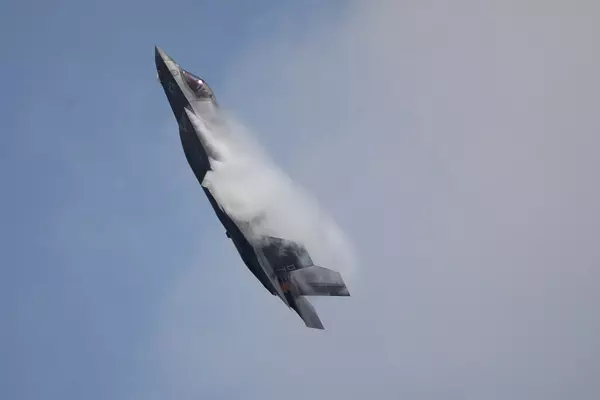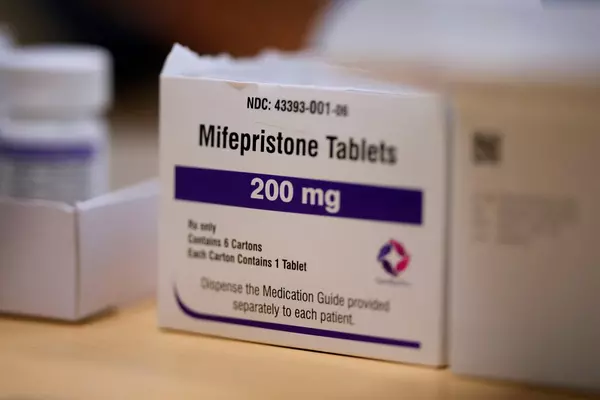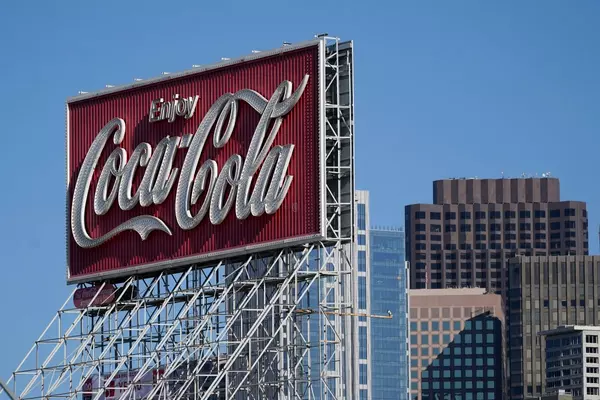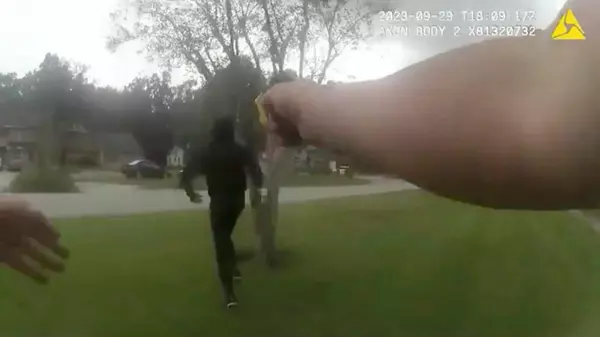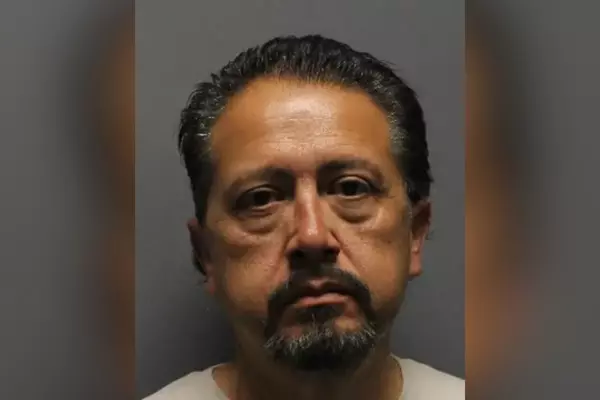
Democratic presidential candidate Robert Kennedy Jr has said that he should have been “more careful” in making his recent false remarks about the “ethnic targeting” of the Covid pandemic.
At a campaign debate in New York on Tuesday night, Kennedy sought to put the accusation of antisemitism that has engulfed his campaign behind him. But he stopped short of retracting his false claim that coronavirus had been targeted to spare Ashkenazi Jews and Chinese people from the impact of the disease.
“I should have been more careful about what I said because I know anything I say will be distorted and weaponised against me,” he said.
Speaking at a presidential campaign event hosted by the celebrity rabbi Shmuley Boteach, Kennedy said the charge of antisemitism had hurt him personally. “I have a thick skin, but the charge of antisemitism is one that cuts me, it hurts me. I haven’t said an antisemitic word in my life.”
Kennedy’s bid for the White House has been contentious from the outset, given his embrace of virulent conspiracy theories that promote vaccine hesitancy. A political watchdog, the Congressional Integrity Project, recently released a report that set the candidate’s disputed views on Covid against years of antisemitic, racist and xenophobic remarks which it called “horrific” and “beyond the pale”. The report said that his promotion of anti-vaxxer conspiracy theories had “deadly real world consequences”.
On Tuesday, Kennedy insisted that the barrage of criticism that he has faced in the past week was itself an attempt to silence his long-shot bid for the White House. He portrayed himself as the target of what he called an “infrastructure” that was set on destroying his campaign.
“There’s a way to censor people through targeted character assassination – you use vile accusations to marginalise them, and that is the kind of censorship I’m now dealing with,” he said.

Kennedy is the nephew of the assassinated president John F Kennedy, and son and namesake of Robert F Kennedy who was also assassinated, while he was running for the presidency in 1968. He is challenging Biden for the Democratic presidential nomination next year.
Until the antisemitism furore erupted, Kennedy had been gaining more traction than many observers had expected. In some polls he was attracting up to 20% among Democratic voters.
His campaign stumbled after Kennedy told reporters at a press dinner this month that Covid had been “ethnically targeted” at Caucasians and Black people, while Ashkenazi Jews and Chinese people had greater immunity. The false claim was enthusiastically embraced by neo-Nazi groups, while being condemned by scientists and Jewish organizations.
Critics pointed out that his remarks echoed antisemitic tropes that circulated widely during the pandemic which portrayed coronavirus as a global Jewish plot.
Members of Kennedy’s own family denounced him for his “deplorable and untruthful” comments. Jack Schlossberg, a grandson of President Kennedy, posted an online video in which he called his cousin’s campaign “an embarrassment”, and Kennedy’s sister Kerry Kennedy and brother Joseph Kennedy II also unleashed harsh criticism.
In trying to counter the charges of antisemitism on Tuesday night, Kennedy merely succeeded in doubling down on the false suggestion that China orchestrated the epidemic. He said there was no evidence the virus had been engineered, “and in any case it would not have been engineered by Jews – most of the experiments were in China, in Wuhan”.

Hours before Kennedy appeared on stage with Boteach, the candidate was forced to find a new venue for the debate after the original host, the New York Society for Ethical Culture, cancelled the booking. Kennedy accused the society of bowing to pressure from Biden, which he said amounted to “political censorship”.
The society responded with a tart statement that said Kennedy’s event had been “inconsistent” with its values, adding that no outside party had influenced the decision.
Kennedy went on to make a lengthy speech in which he expressed his support for the state of Israel against claims that it was practising apartheid against the Palestinian people. “A major piece of my campaign will be explaining to Americans why that is wrong and making the case for Israel.”
Since the antisemitism controversy exploded, Boteach has rallied to Kennedy’s side. The rabbi said he disagreed with the candidate’s views on vaccines – he has had four Covid vaccinations, he said – but dismissed the charge of antisemitism against him as a “disgusting, offensive lie”.
